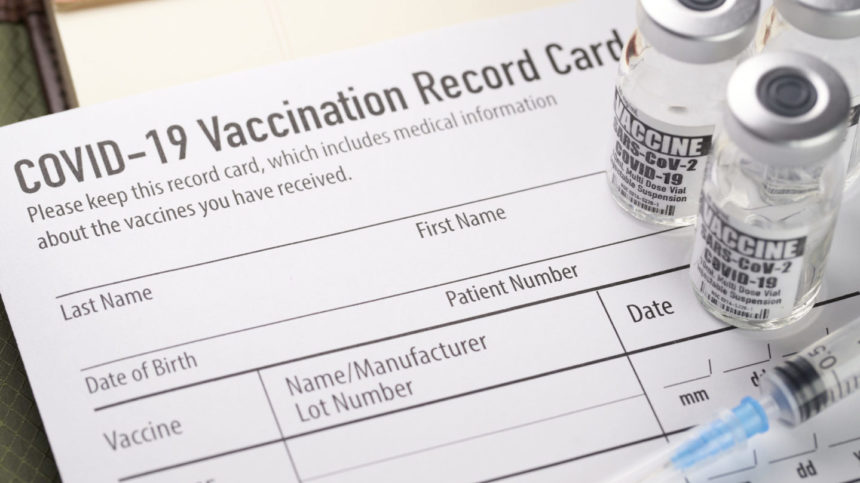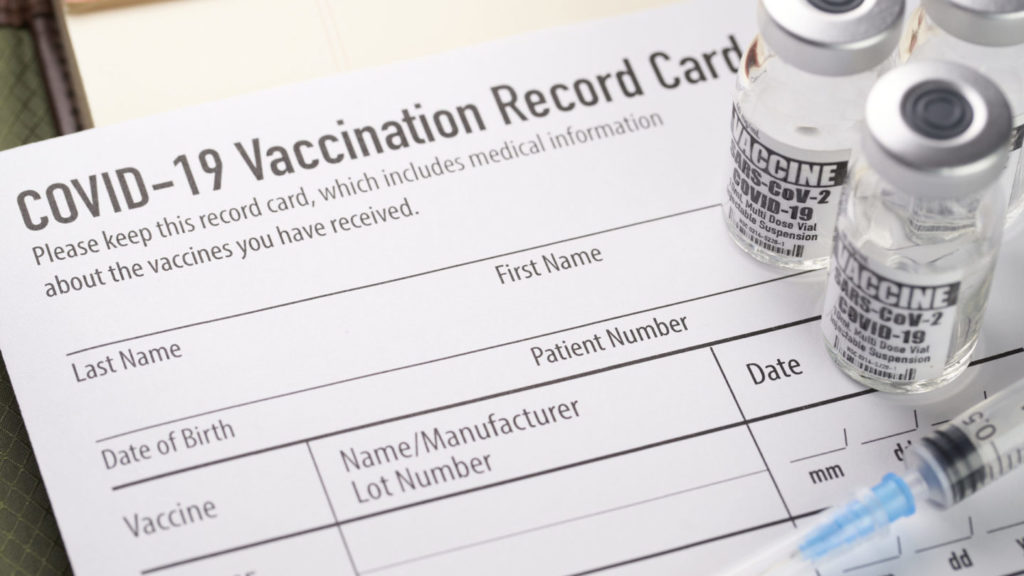

New data from the Centers for Disease Control and Prevention shows more than 30% of fully-vaccinated seniors 65 and older have yet to get a COVID-19 booster shot, despite being most at risk for serious health complications and death.
CDC data released on Wednesday shows that 90.6% of the nation’s seniors 65 and older are fully vaccinated. But the same data set shows 32.3% of seniors eligible for their first booster shot still haven’t gotten it.
In nursing homes, data shows that 87.9% of residents have been fully vaccinated nationwide, while 79.8% of vaccinated residents have received a booster shot.
Experts believe the lag is a result of the federal government’s change in strategy between the initial COVID-19 vaccination launch compared to the booster release, according to a Thursday report by Kaiser Health News.
Harvard healthcare policy expert David Grabowski, Ph.D., said the federal government coordinated vaccine deliveries to nursing homes and other settings through the Pharmacy Partnership for Long-Term Care Program. When it comes to booster shots, providers are largely tasked with finding and administering their own booster to residents.
He called for the federal government “to resume coordinating booster delivery at nursing homes through mass vaccination efforts,” according to the KHN report.
“I would have these centralized clinics go back to get residents and staff boosted all at once,” Grabowski told the news organization. “That strikes me as a no-brainer.”
One way for providers to increase booster shot numbers among long-term care residents is to use better talking points addressing their hesitancy, according to Amy Stewart, vice president of education and certification strategy for the American Association of Post-Acute Care Nursing.
“Many people feel that COVID-19 isn’t as prevalent as it once was. While the number of cases has declined since January, in the last 14 days the cases have increased by 58%. Immunity fades over time, a booster could prevent you from getting COVID or at a minimum, prevent you from getting really sick,” Stewart told McKnight’s Long-Term Care News on Thursday.
She added that how fast the omicron variant has spread, underlying health conditions and increasing hospital admissions “are all good reasons to get the booster.”
“People are reluctant to get boosters because previous COVID-19 vaccines have made them sick. While an individual can become ill following the vaccine, this usually lasts 24 hours or less,” Stewart said. “Recent cases of COVID-19 have caused symptoms for greater than five days. Being up-to-date with all vaccines can decrease the severity of illness and decrease the length.”





